
US charges 13 Russian nationals, 3 Russian entities with pro-Trump election interference
The defendants reportedly used Facebook adverts, scurrilous rumours and life protests to promote Donald Trump and disparage Hillary Clinton
Some 13 Russian nationals and three Russian entities have been charged with interfering in the American political process by promoting now-US President Donald Trump and denigrating his opposition, according to the office of US Special Counsel Robert Mueller.
US Deputy Attorney General Rod Rosenstein announced the indictment, which claims the defendants’ operations were intended to “sow discord in the US political system, including the 2016 presidential election.”
They included using bogus Facebook adverts to stir up anger over controversial social issues, paying Americans to pose in staged anti-Clinton rallies, and promoting allegations of voter fraud by the Democratic Party.
After news of the indictments emerged, Trump dismissed them in a tweet, saying there was “no collusion” between his team and the Russians, who began their campaign in 2014 - before he entered the race.
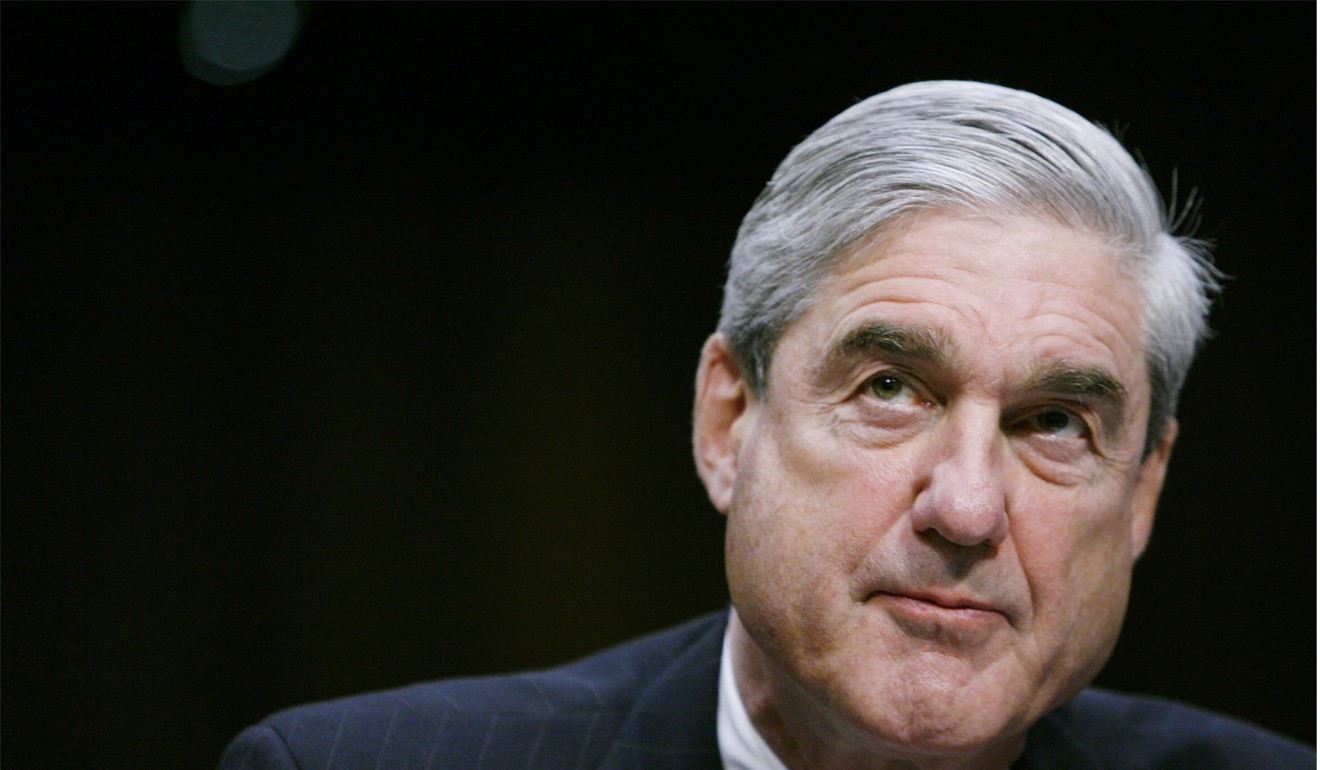
“This indictment serves as a reminder that people are not always who they appear to be on the Internet,” Rosenstein told a news conference.
The Russian conspirators want to promote discord in the United States ... We must not allow them to succeed
“The indictment alleges that the Russian conspirators want to promote discord in the United States and undermine public confidence in democracy. We must not allow them to succeed.”
He added that there is “no allegation in the indictment that the charged conduct altered the outcome of the 2016 election”.
That was picked up on by Trump, who Tweeted: “Russia started their anti-US campaign in 2014, long before I announced that I would run for President.
“The results of the election were not impacted. The Trump campaign did nothing wrong - no collusion!”
The Internet Research Agency, based in St Petersburg, Russia, is one of three organisations named in the document.
Trump, FBI ‘hiding too much from public’ in withheld Russia probe memo
According to the indictment it was funded by local restaurateur Yevgeny Prigozhin, whose work as a caterer for the Kremlin and Russian military has led to him being dubbed “Putin’s chef” by Russian media.
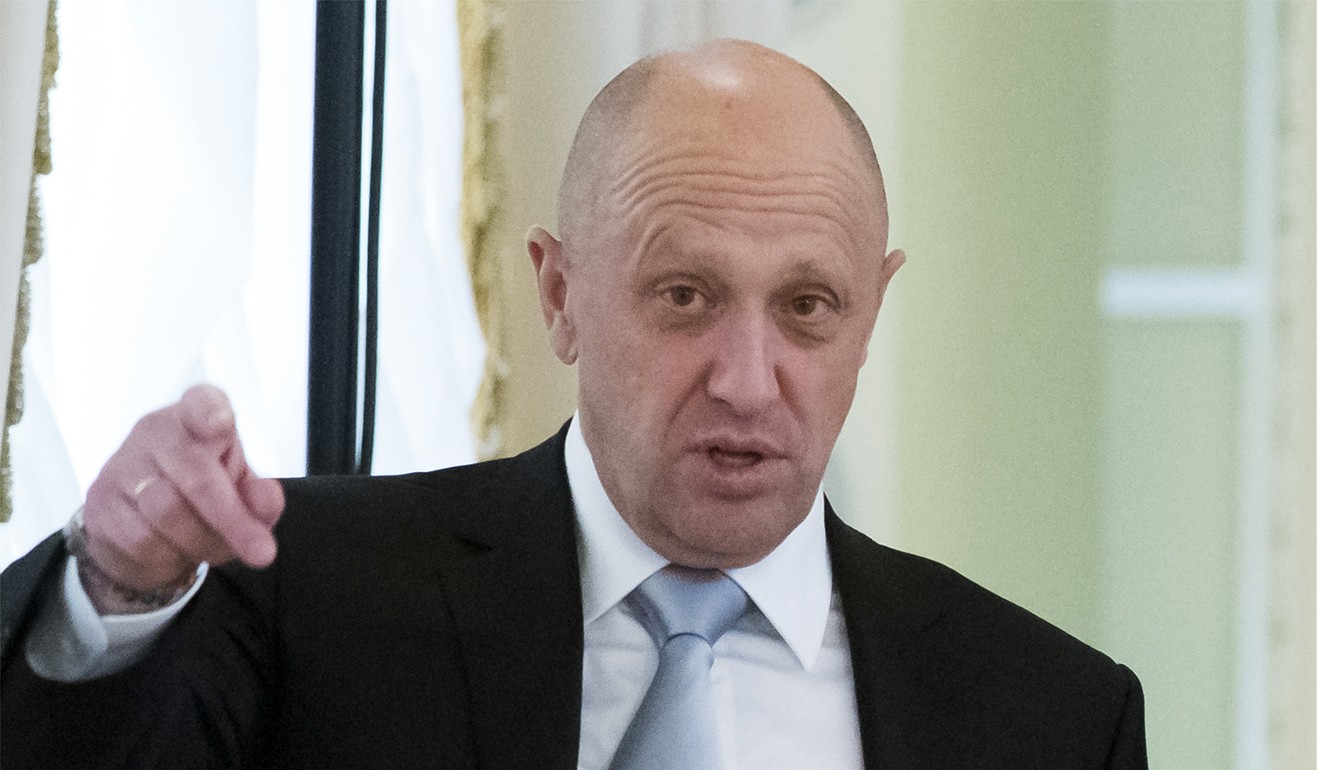
Prigozhin, whose assets also include an oil trading firm that reportedly has been sending private Russian fighters to Syria, has dismissed the reports in Russian media, saying “Americans are very impressionable people.”
Americans are very impressionable people
Also linked to the investigation is Richard Pinedo, a California man who has pleaded guilty to selling bank accounts to the alleged Russian operatives.
The Santa Paula man, who pleaded guilty earlier this month, did not know at the time he was dealing with Russians, a Justice Department spokeswoman said on Friday.
The fake accounts were reportedly used to bypass PayPal’s security measures so that it could be used as the operation’s main method of transferring money; PayPal says it is working with the Justice Department.
And although the indictments mark a notable point in Mueller’s investigation into possible collusion between Donald Trump’s campaign and Russia, the probe is expected to continue for several months, an inside source said.
Bannon ‘stonewall’ against Russia questions could lead to contempt
The indictments should be seen as a limited slice of a comprehensive investigation, the unnamed source told Bloomberg.
Mueller’s work is expected to continue for months and also includes examining potential obstruction of justice by Trump, said the person, who requested anonymity to discuss an investigation that is largely confidential.
The picture that the 37-page indictment paints is a chilling one for many Americans.
The defendants are alleged to have travelled to nine states - Nevada, California, New Mexico, Colorado, Illinois, Michigan, Louisiana, Texas and New York - to gather intelligence, with their operations running from 2014-2016.
Communicating with a US-based group, they were advised to “focus their activities on ‘purple states like Colorado, Virginia and Florida”, the indictment says.
Trump says FBI memo vindicates him, Russia probe is a ‘disgrace’
That meant creating social media pages on immigration, the Black Lives Matter movement, religion and other hot-button US issues to stir up discord, court documents say.
The Russians are also accused of engaging in partisan promotion, spreading “derogatory information” about Clinton as well as Trump’s opponents for the Republican ticket, Marco Rubio and Ted Cruz.
At the same time, they reportedly tried to stir up support for both Donald Trump and left-wing Democrat candidate Bernie Sanders.
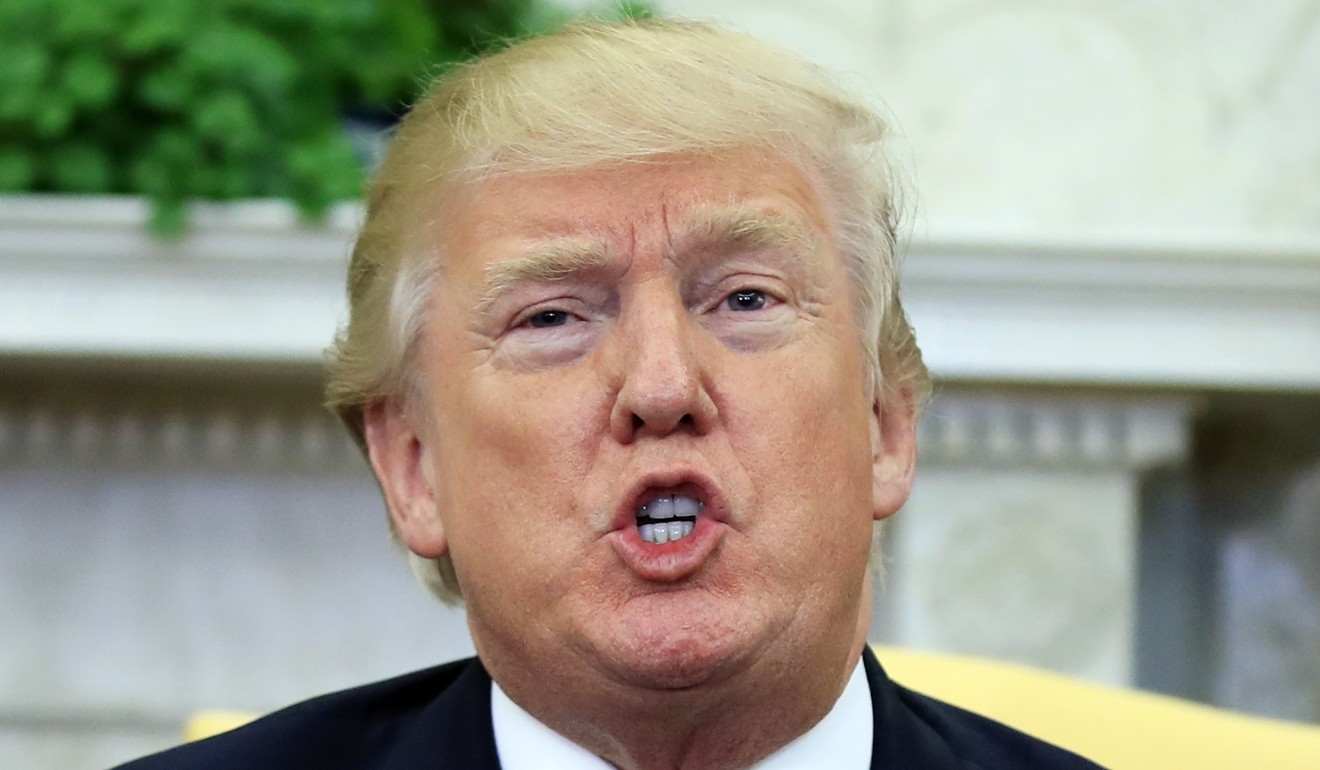
In the summer of 2016, they allegedly used social media and Facebook adverts to promote allegations of voter fraud by the Democratic Party, and later that year began to discourage US minority groups from voting in the November presidential election, the indictment says.
Later, when it emerged that Facebook was working with the US Special Counsel to uncover who was behind the ad campaigns, the Russians allegedly began to destroy evidence.
The Russians also allegedly organised physical demonstrations in support of Trump and against Clinton, including paying one American citizen to build a cage and another American to dress up as Clinton in a prison uniform, to depict her in jail.
Rosenstein said there was no indication that any Americans involved in the alleged disinformation campaign were aware of the Russians’ plans.
Once the election was over, they continued to support Trump, including organising political rallies to back the president-elect, using hundreds of email addresses on US servers to promote their activities to the media, the indictment says.
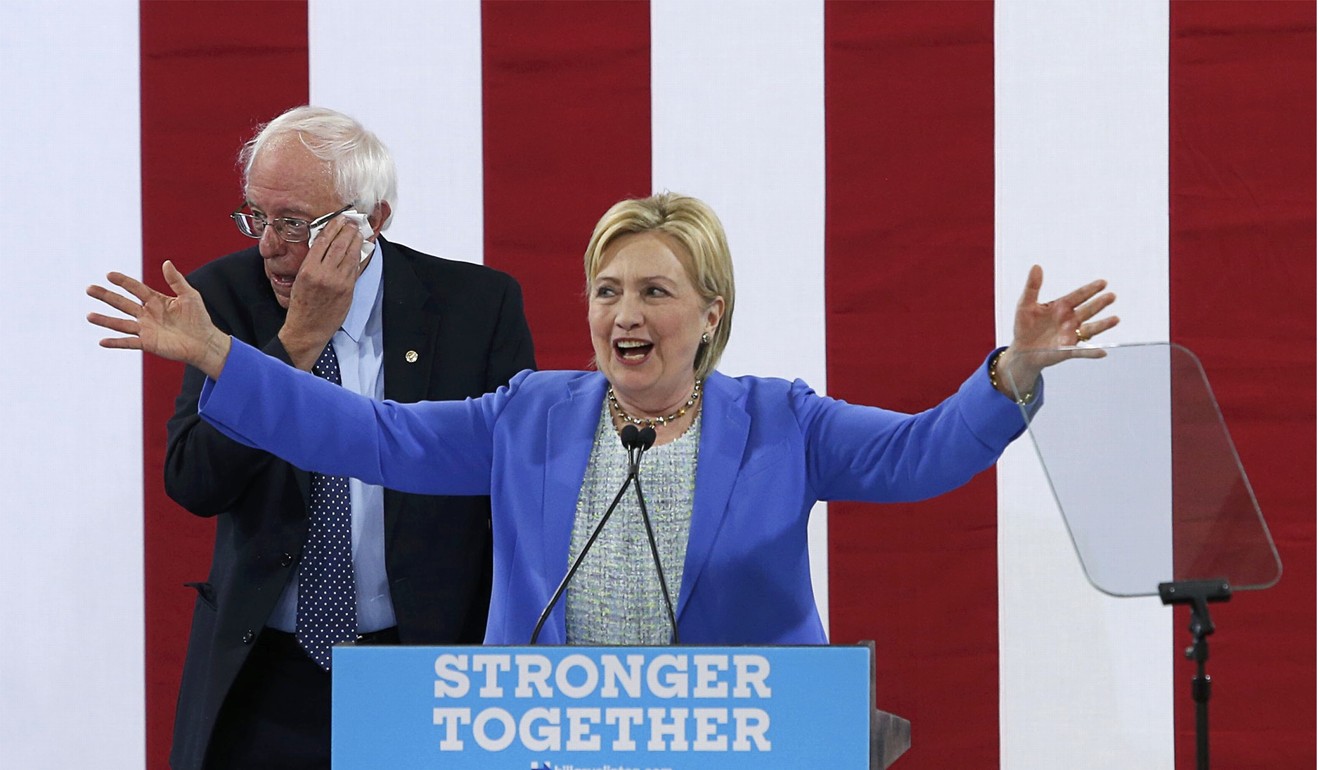
Rosenstein said that the US had not spoken to Russia about the allegations and would follow standard extradition procedures as the case progresses.
Trump has been briefed on the indictment, White House spokeswoman Sarah Sanders said.
A Kremlin spokesman said he is not yet familiar with the indictments.
Facebook and Twitter both declined to comment on the claims in the document.
Investigations into any ties between Trump’s campaign and Moscow are ongoing. Russia denies interfering in the election. Trump denies any collusion by his campaign.
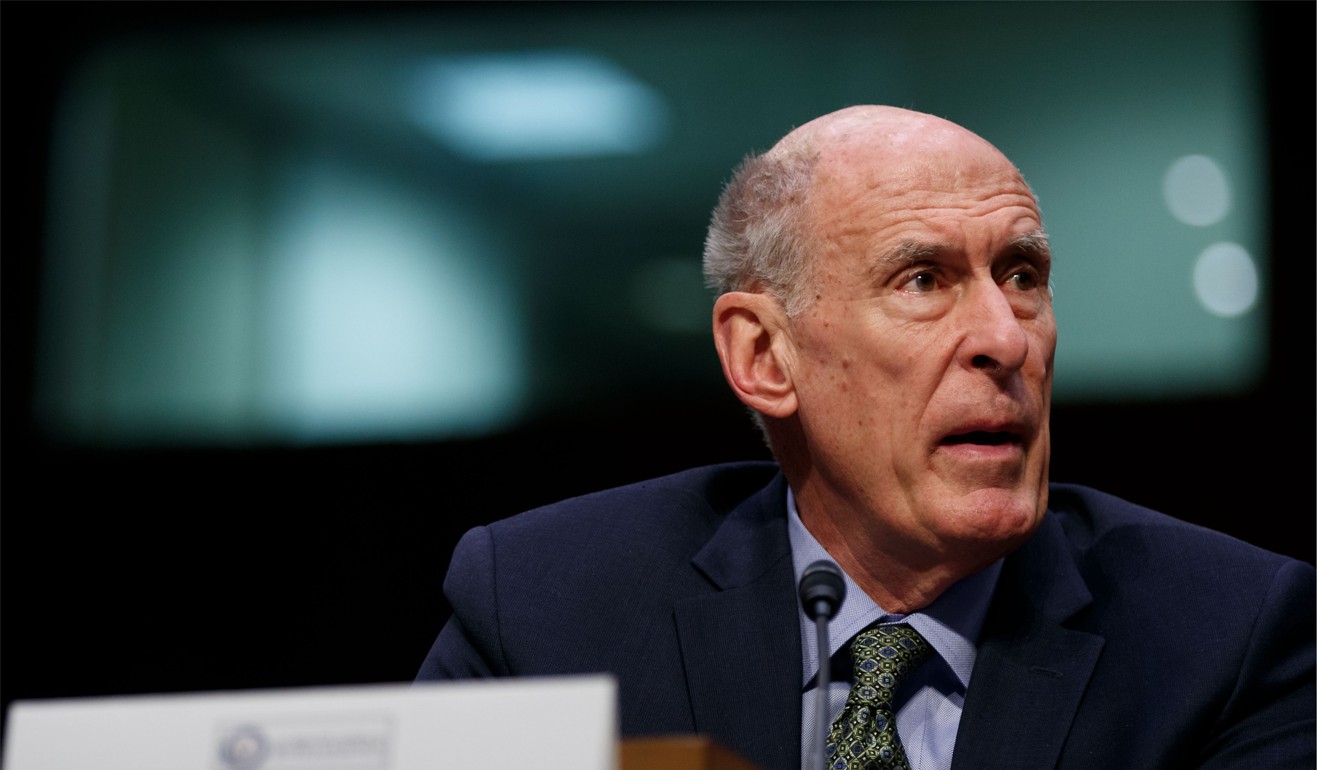
Director of National Intelligence Dan Coats told the Senate Intelligence Committee on Tuesday that he had already seen evidence Russia is targeting the upcoming US elections in November, when Republican control of the House of Representatives and Senate are at stake, plus a host of positions in state governments.
“Frankly, the United States is under attack,” Coats said at an annual hearing on worldwide threats.
Russia would try to interfere in the 2018 US midterm elections by using social media to spread propaganda and misleading reports, much as it did in the 2016 campaign, intelligence chiefs said at the hearing



